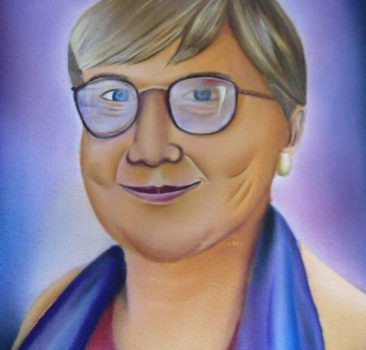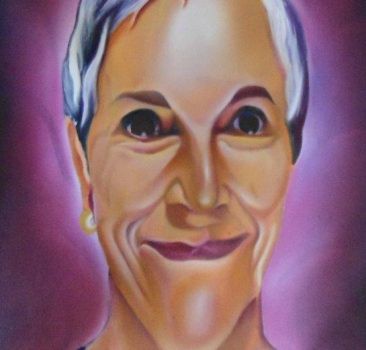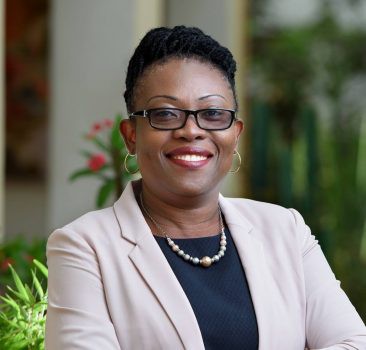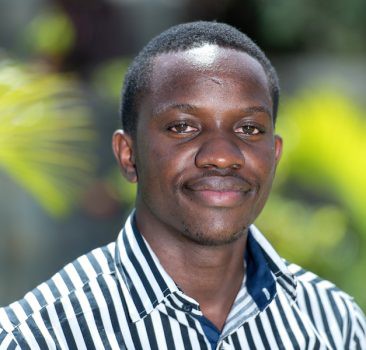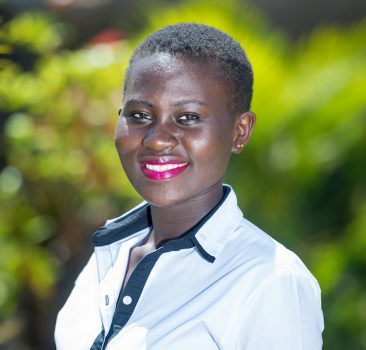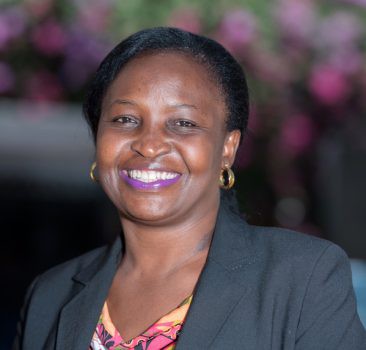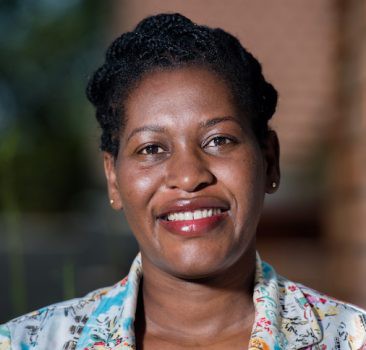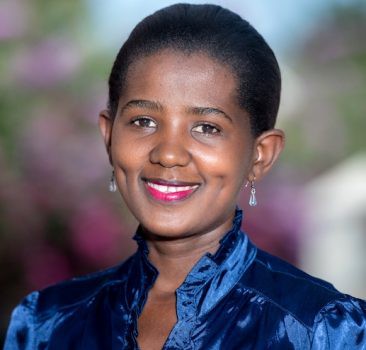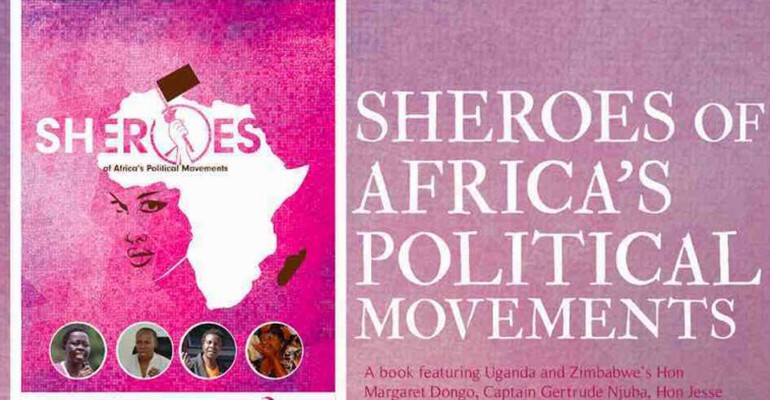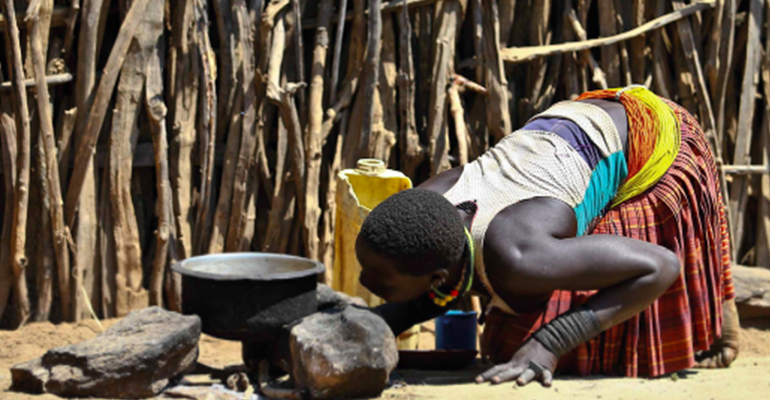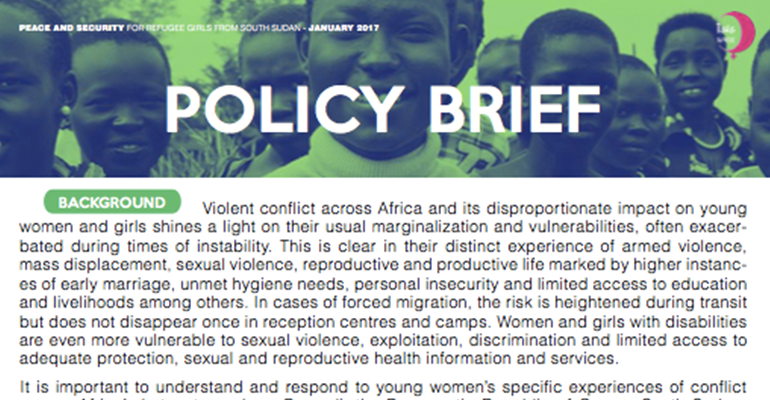CO-FOUNDER
Marilee remembers the initial conversations between her and the Isis-WICCE cofounders in 1974 Rome.
“In our kitchens, as we stirred our pots of soup and stews, Jane,
Judy and I brewed our ideas. Other women dropped by to add ingredients.
Some sent us spices from far away. A little salt here, a new spice there
all simmered away so that in a few weeks time we were ready to share
our recipe with the world.” Among the “ingredients” that went into the
concept were:
- An organisation of, by and for women
- An activist orientation
- Feminist in the broad sense, encompassing all struggles to empower women
- Recognising the common elements and the diversity of women’s
oppression as intertwined with class, race, and economic, political and
cultural situations
- A communication channel for women, alternative to the mainstream media
- An alternative documentation and information centre focused on materials produced by women’s groups around the world
- Promoting especially South-South and South-North communication and dialogue
“From this first small group, an informal network grew up: more and
more women sent in stories and resource materials and wrote about how
women were organising. We added their names to our growing list, the
materials to the piles of paper on the floor in one corner of the living
room” Marilee adds. The heart of a resource centre began to grow.
Isis’ first publication contained a selection of testimonies and
reports from the Tribunal. It came out in record time, at the end of
March 1976, produced by a group of women in Rome in English, French,
Spanish and Italian in 3,000 copies.
“And then it happened: women from all over started responding,
sending in their publications, handouts, leaflets, posters; and asking
for resource materials,” Marilee recounts.
The second issue examined the image of women in the media. The third
reported on women in liberation struggles, battered women, feminism and
socialism. The 1978 bulletin looked at reproductive rights and
alternative medicine, women in Southern Africa, and women and work. Long
before women and food security issues were seriously addressed by
either the United Nations or NGOs, Isis published a bulletin on women,
land and food production. Then followed the issues focusing on rape and
sex tourism, and migrant women. In the early 1980s, Isis bulletins
covered issues on women and the media, militarisation, peace, sexuality
and motherhood, women in liberation struggles, women and new technology.
Isis coordinated the International Feminist Network which had been
established at the Brussels Tribunal. Representatives in different
countries sent in appeals for solidarity which Isis then transmitted to
its networks for action. Isis continued this activity until well into
the 1980s when many new groups began carrying out similar efforts in
different fields of women’s rights.
